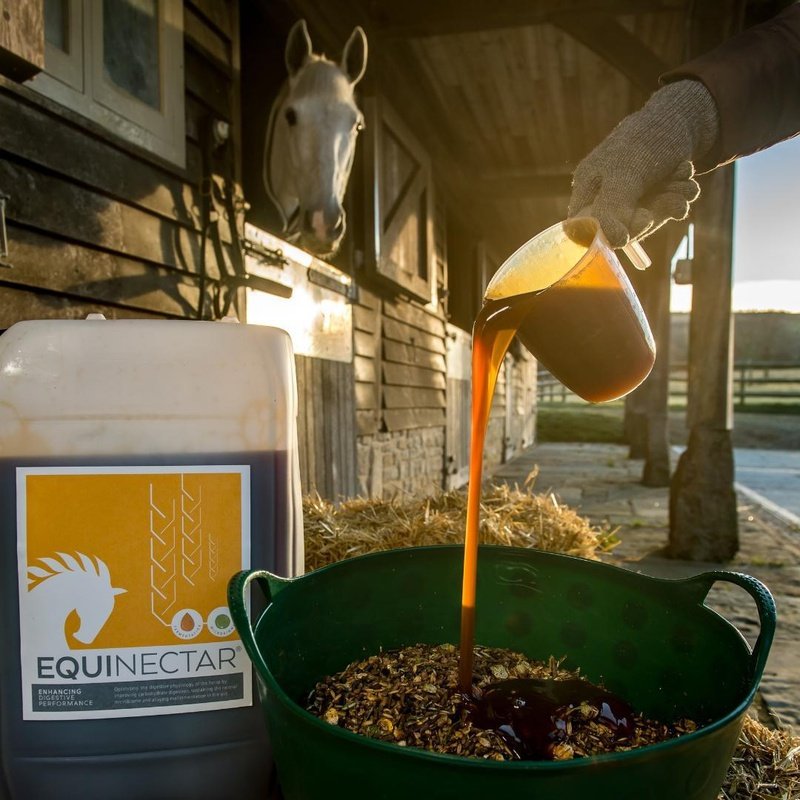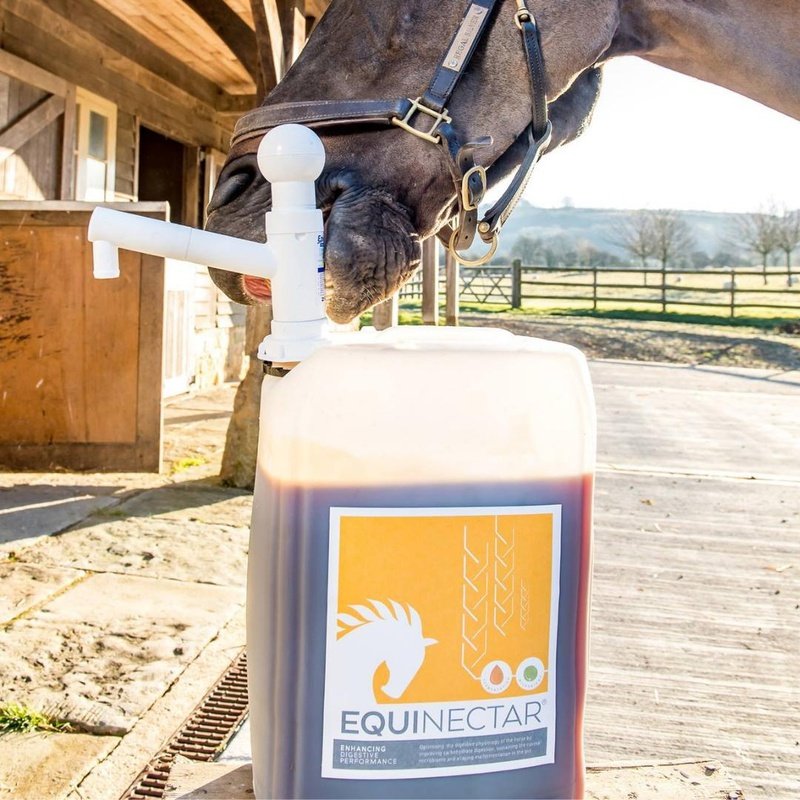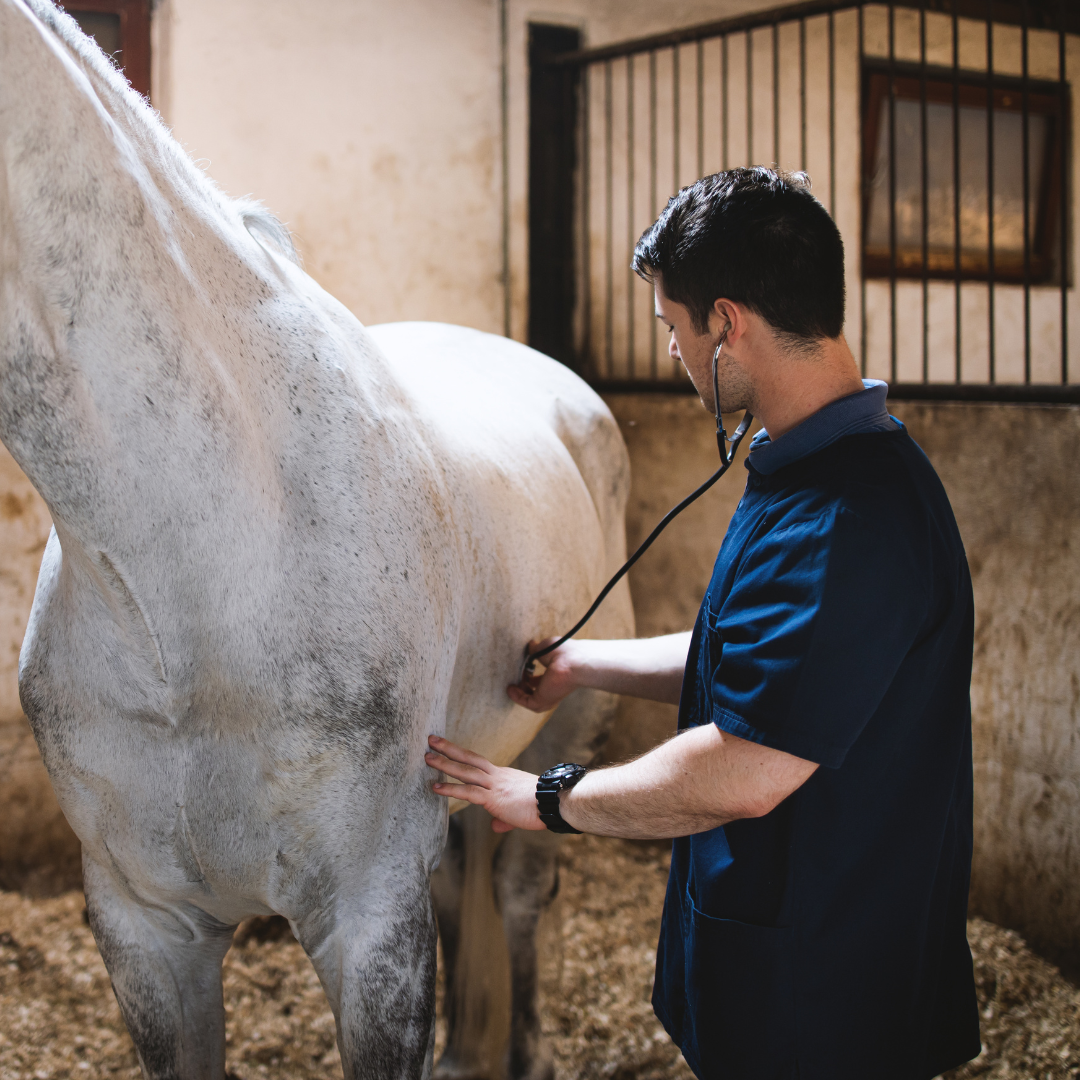Introduction
Recent research in equine science has highlighted the crucial connection between gut microbiota and athletic performance in horses. A groundbreaking study, "Priming for welfare: gut microbiota is associated with equitation conditions and behavior in horse athletes," offers valuable insights into this relationship. The researchers investigated how gut microbiota interacts with training conditions and behavioral patterns in performance horses.
The study's credibility is established through several key factors. Most notably, it examined 185 healthy horses, providing a statistically significant sample size that strengthens the reliability of the results. The research team maintained consistent environmental conditions across an eight-month period, minimizing external variables that could affect gut microbiota composition.
The study's scientific rigor is further validated through peer review, where field experts evaluated the methodology and conclusions. Additionally, the researchers utilized cutting-edge analytical methods, including 16S rRNA gene sequencing, to study gut bacterial communities in detail.
Key Findings
The research revealed several significant correlations between gut microbiota and equine health:
- Behavioral Connections: Horses with more diverse gut microbiota showed reduced stress behaviors. This finding suggests that gut bacteria may influence horse behavior through the gut-brain axis - a biological communication network connecting the digestive system to the central nervous system.
- Training Impact: Exercise intensity and diet composition significantly affected gut microbiota diversity. Specifically, horses under intensive training programs and those consuming high-starch diets showed reduced gut microbiota diversity, correlating with increased stress behaviors.
- Bacterial Changes Over Time: The study tracked temporal shifts in gut bacterial populations, noting that these changes corresponded with behavioral modifications in the horses.
- Diet Effects: Researchers found that diets low in fiber but high in starch led to increased populations of amylolytic bacteria and Succinivibrionaceae, which produce lactic acid. These changes showed a correlation with heightened stress responses.
Practical Applications
These findings suggest several strategies for improving equine performance and welfare. The study's results indicate potential applications for digestive supplements like EquiNectar®:
- Supporting Microbial Diversity: Given the correlation between diverse gut microbiota and reduced stress behaviors, supplements could help maintain healthy bacterial populations. Pilot studies with EquiNectar® have shown promising results in increasing bacterial species diversity.
- Dietary Management: The research suggests that digestive enzymes could help mitigate the negative effects of high-starch diets on gut microbiota composition.
- Acid Balance: By supporting proper starch digestion, enzyme supplements might help reduce excessive lactic acid production associated with stress behaviors.
- Neurological Benefits: The study's findings about the gut-brain connection suggest that supporting digestive health could improve behavioral outcomes. Observational data indicates that horses receiving EquiNectar® showed calmer behavior patterns.
While these applications show promise, additional research is needed to fully validate these approaches. Future studies should examine how various factors - including diet, exercise programs, and living conditions - interact with gut microbiota and horse behavior. The findings underscore the complexity of the relationship between digestive health and equine performance, suggesting that a comprehensive approach to horse care should consider gut microbiota management as a key component.










Share: